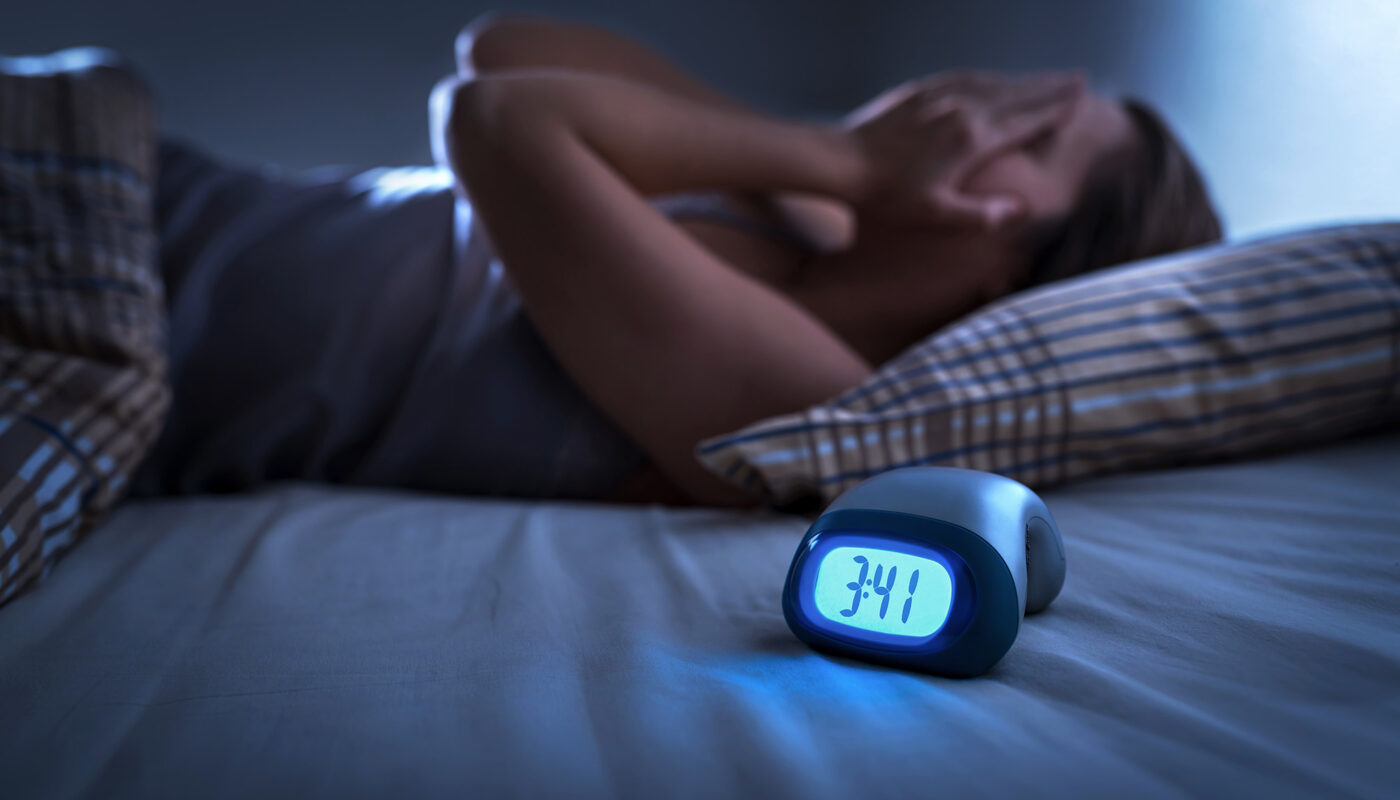A new study led by researchers from UCL (University College London) reveals that consistently sleeping less than five hours a night might increase the risk of developing depressive symptoms. The study challenges the traditional belief that poor sleep is purely a side effect of mental ill health, suggesting that the relationship between sleep and mental illness is more complex than previously thought.
The study, published in the journal Translational Psychiatry, analyzed data from individuals with an average age of 65 and found that short sleep duration was associated with the onset of depressive symptoms.
To conduct the study, the researchers collected genetic and health data from 7,146 participants enrolled in the English Longitudinal Study of Ageing (ELSA), a nationally representative population study in England. The researchers established that individuals with a stronger genetic predisposition to short sleep (less than five hours per night) were more likely to develop depressive symptoms over a period of 4 to 12 years. On the other hand, those with a greater genetic predisposition to depression did not have an increased likelihood of experiencing short sleep.
Dr. Olesya Ajnakina, senior author of the study and affiliated with UCL Institute of Epidemiology & Health Care and the Institute of Psychiatry, Psychology & Neuroscience at King’s College London, commented on the findings. She stated, “Short and long sleep durations, along with depression, are major contributors to public health burden that are highly heritable. Polygenic scores, indices of an individual’s genetic propensity for a trait, are thought to be key in beginning to understand the nature of sleep duration and depressive symptoms.”
The researchers measured the strength of genetic predisposition among the ELSA participants using data from previous genome-wide association studies, which have identified thousands of genetic variants linked to a higher likelihood of developing depression and experiencing short or long sleep duration.
In addition to the genetic associations, the research team also examined non-genetic associations between depressive symptoms and sleep duration. They found that individuals who slept for five hours or less were 2.5 times more likely to develop depressive symptoms. Conversely, those with depressive symptoms were a third more likely to experience short sleep. The researchers accounted for various factors that could influence the results, such as education, wealth, smoking status, physical activity, and longstanding illness.
The study also found a link between sleeping excessively and developing depressive symptoms. Participants who slept for more than nine hours per night were 1.5 times more likely to experience depressive symptoms compared to those with an average sleep duration of seven hours. However, depressive symptoms were not associated with longer sleep duration four to 12 years later, consistent with the genetic findings.
Professor Andrew Steptoe, Head of Behavioral Science and Health at UCL Institute of Epidemiology & Health Care, highlighted the importance of the study, stating, “Suboptimal sleep and depression increase with age, and with the worldwide phenomenon of population ageing, there is a growing need to better understand the mechanism connecting depression and a lack of sleep. This study lays important groundwork for future investigations on the intersection of genetics, sleep, and depressive symptoms.”
Overall, the participants in the study had an average sleep duration of seven hours per night. However, more than 10% of the participants slept for less than five hours per night at the start of the study, increasing to over 15% at the end of the study period. The proportion of participants with depressive symptoms also increased by approximately 3 percentage points, from 8.75% to 11.47%.
Both sleep duration and depression have a genetic component that is inherited from one generation to the next. Previous twin studies have indicated that depression is about 35% heritable, and genetic differences account for 40% of the variance in sleep duration.
The study combined sleep and depressive symptom data from two ELSA surveys conducted two years apart, as sleep duration and depression are known to fluctuate over time.
*Note:
1. Source: Coherent Market Insights, Public sources, Desk research
2. We have leveraged AI tools to mine information and compile it




